One person's religion is another person's cult
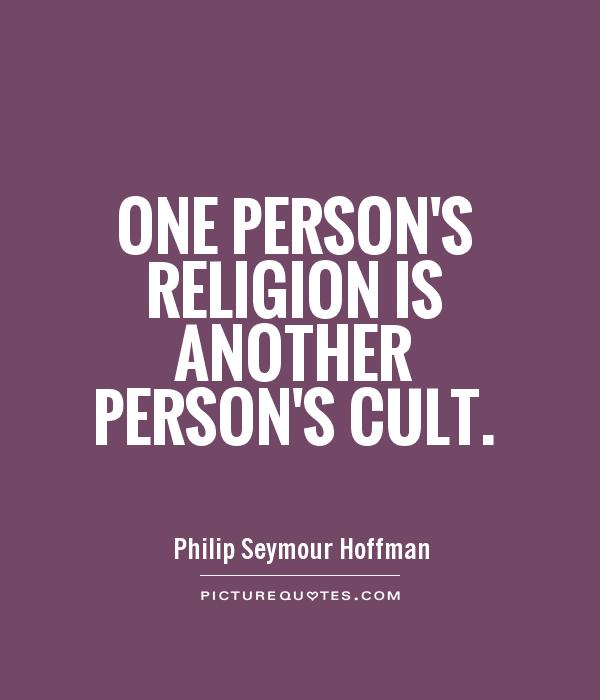
One person's religion is another person's cult
Philip Seymour Hoffman was a talented actor known for his incredible performances on stage and screen. However, he was also known for his struggles with addiction and his involvement in the controversial religious group known as the Church of Scientology. Hoffman's words on the topic of religion and cults are particularly poignant in light of his own experiences.The statement "One person's religion is another person's cult" is a powerful reminder of the subjective nature of belief systems. What one person may view as a legitimate and meaningful faith tradition, another may see as a dangerous and manipulative cult. This distinction can be especially blurry when it comes to newer or less mainstream religious movements, such as Scientology.
Hoffman's own involvement with Scientology has been a source of controversy and speculation. While he never publicly discussed his beliefs or practices within the church, his association with the group raised questions about the line between religion and cult. Some critics of Scientology argue that it exhibits many characteristics of a cult, including a charismatic leader, strict control over members, and a focus on financial contributions.
Hoffman's words on this topic are a reminder that it is important to approach discussions of religion and belief with an open mind and a critical eye. While it is essential to respect individuals' rights to practice their faith freely, it is also crucial to be aware of the potential dangers of manipulation and control within certain religious groups.
Ultimately, the distinction between religion and cult is a complex and nuanced one that can vary depending on individual perspectives and experiences. Hoffman's own struggles with addiction and his involvement in Scientology serve as a powerful example of the ways in which belief systems can impact individuals' lives in profound and sometimes troubling ways. His words on this topic are a reminder to approach discussions of religion and cults with empathy, understanding, and a willingness to engage in critical thinking.






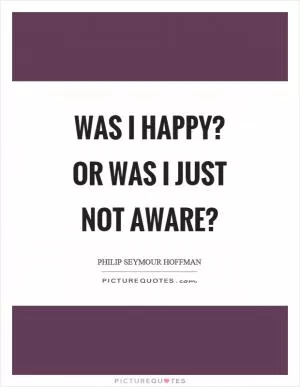


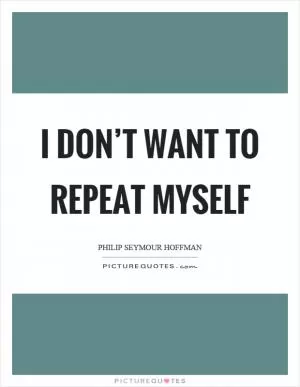
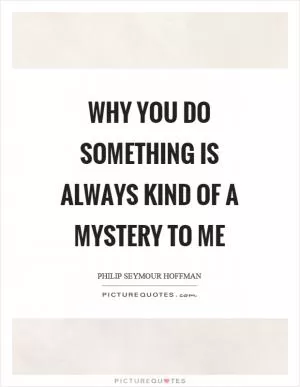
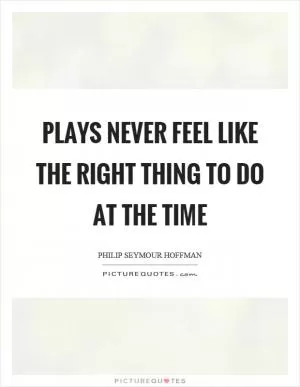
 Friendship Quotes
Friendship Quotes Love Quotes
Love Quotes Life Quotes
Life Quotes Funny Quotes
Funny Quotes Motivational Quotes
Motivational Quotes Inspirational Quotes
Inspirational Quotes